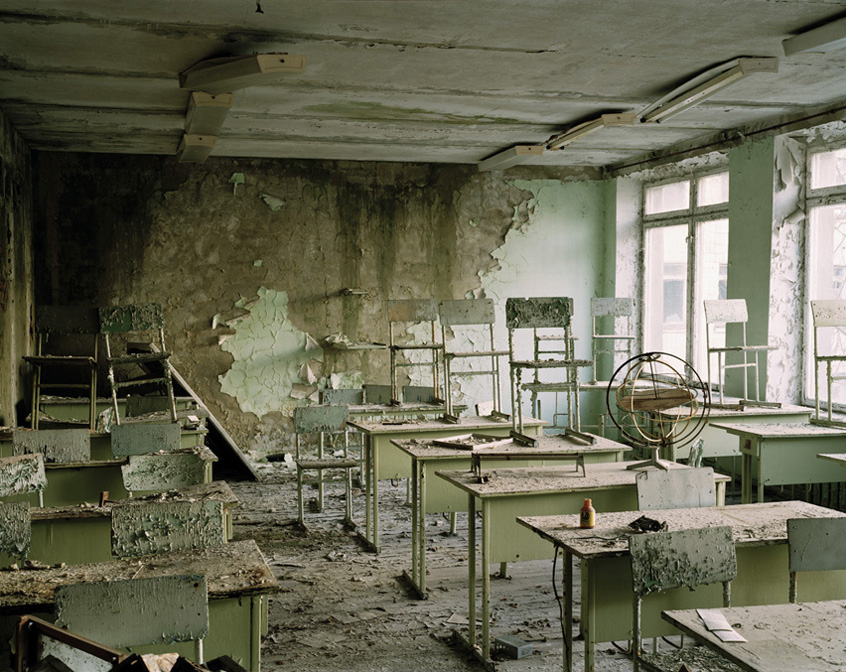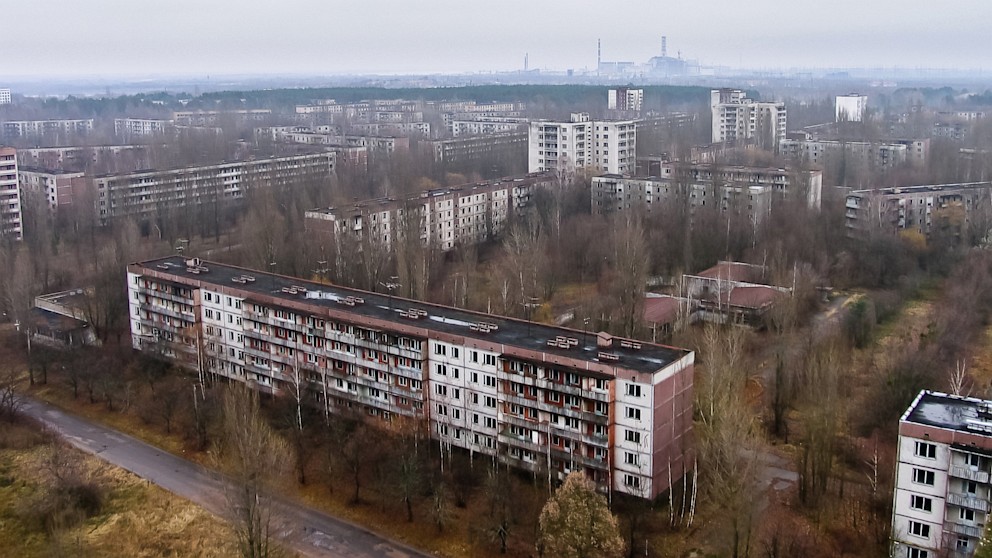HardOCP News
[H] News
- Joined
- Dec 31, 1969
- Messages
- 0
I guess this is better than letting all those abandon golf courses go to waste.
Last week, Kyocera and its partners announced they had started construction on a 23-megawatt solar plant project located on an old golf course in the Kyoto prefecture. Scheduled to go operational in September 2017, it will generate a little over 26,000 megawatt hours per year, or enough electricity to power approximately 8,100 typical local households. The electricity will be sold to a local utility.
![[H]ard|Forum](/styles/hardforum/xenforo/logo_dark.png)






